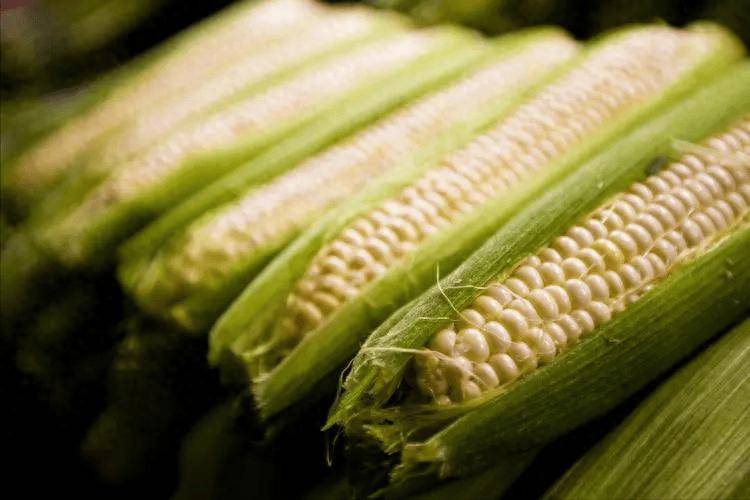Before reading this article, we invite you to click “Follow,” which conveniently allows you to participate in discussions and sharing, and gives you more professional health knowledge to support your health. Thank you for your support.
In my many years of medical practice, I often encounter confusion among diabetic patients about their diet, especially regarding common foods like corn. Many patients enjoy eating corn because it is not only sweet in taste but also considered a healthy coarse grain in traditional views. However, for patients with high blood sugar, the truth behind this may not be so simple.
I have encountered many patients who love to eat corn and cannot do without it in every meal. Initially, they did not understand why their blood sugar was poorly controlled until we reviewed their diet together and discovered that the key problem lay in the high frequency consumption of corn.
After diabetic patients eat corn, the sugar in their bodies rapidly increases. This sharp fluctuation in blood sugar not only makes people feel fatigued and weak in a short period but may also worsen insulin resistance, which is an important factor in the further deterioration of diabetes. Frequent high blood sugar levels may also lead to other complications, which are issues that every patient must take seriously.
Although corn is rich in fiber, its high sugar and carbohydrate content determine that it is not an ideal food for all groups of people. Especially for diabetes patients with poor blood sugar control, consuming too much corn may have a negative impact on health in the long run.
This impact accumulates gradually, initially may not be very noticeable, but over time, it may worsen the condition.
### Translation continued ###


